Law enforcement shows have long been a staple of television, capturing our fascination with crime, justice and the human stories behind the badge.
They’ve come a long way from the days when police were always the good guys and the bad guys always paid the price.
Over the decades, these shows have reflected our changing views on justice, morality, and what it means to protect and serve—for better and for worse.
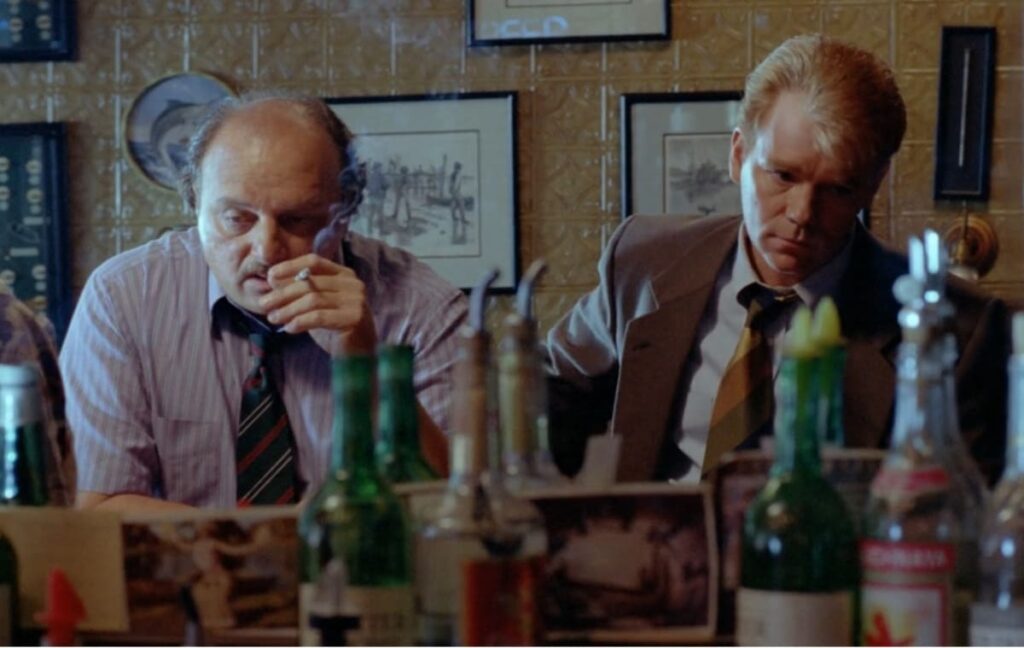
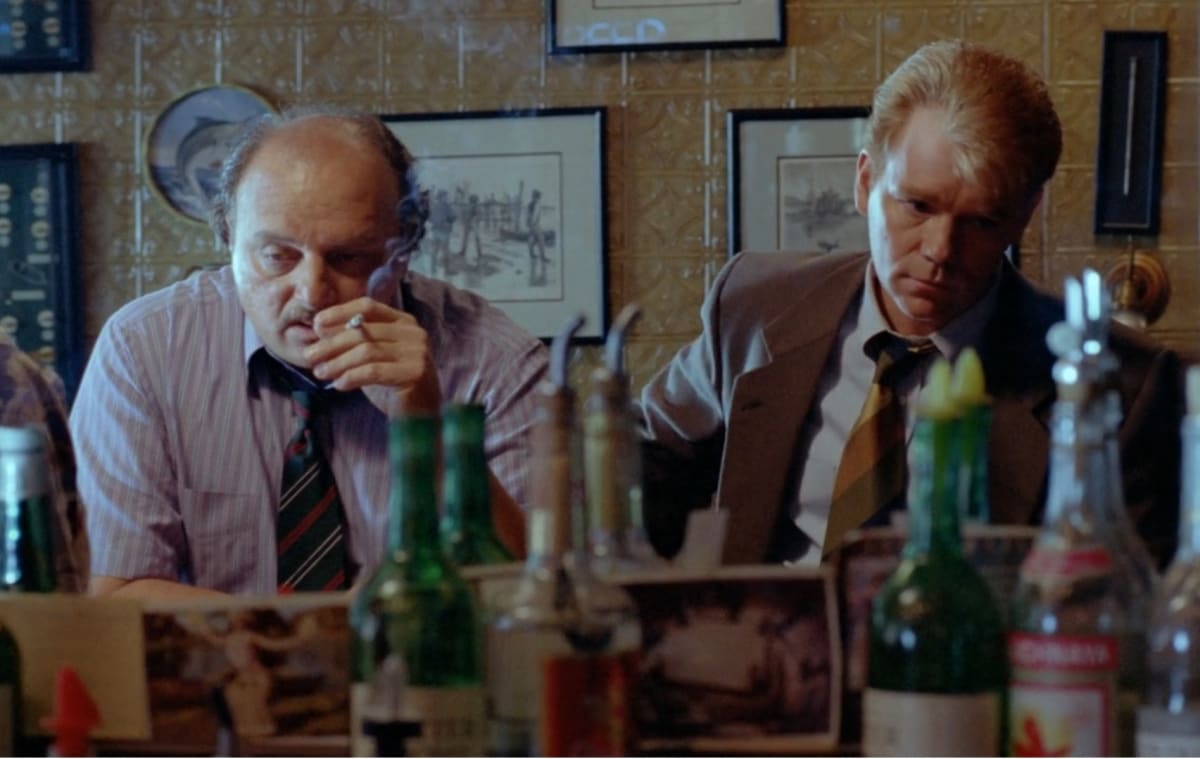
So let’s take a stroll down this gritty, sometimes charming memory lane and see how these shows evolved into the powerful stories we love (and love to argue about) today.
The early days of idealism
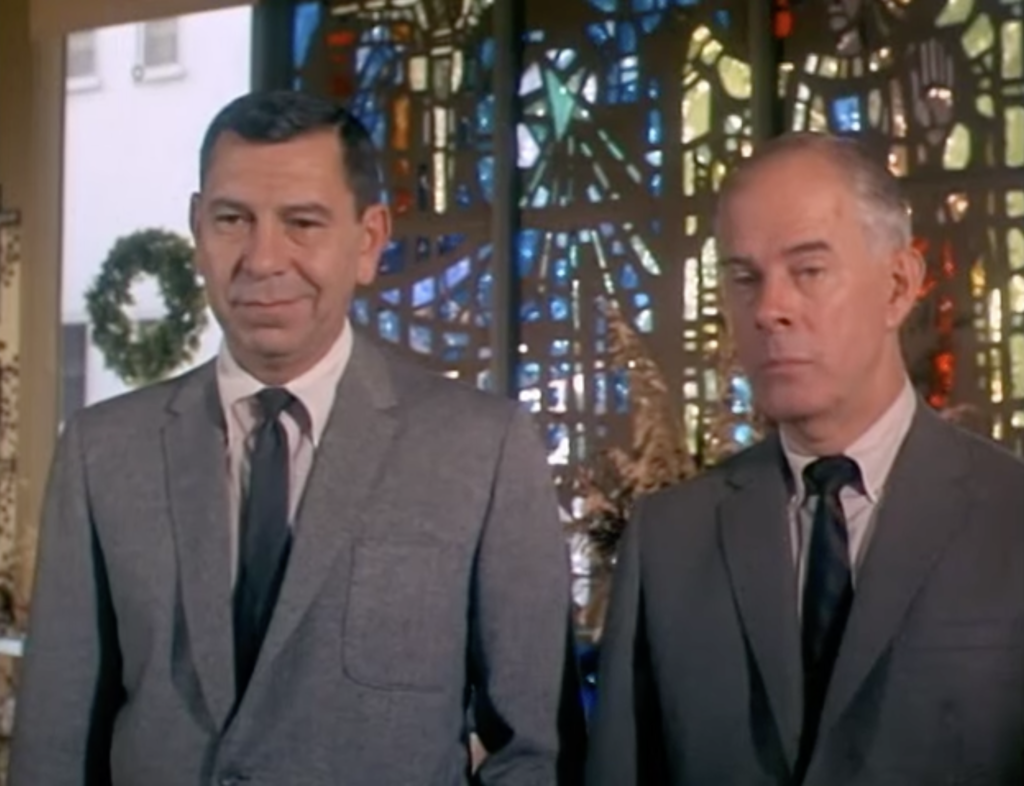
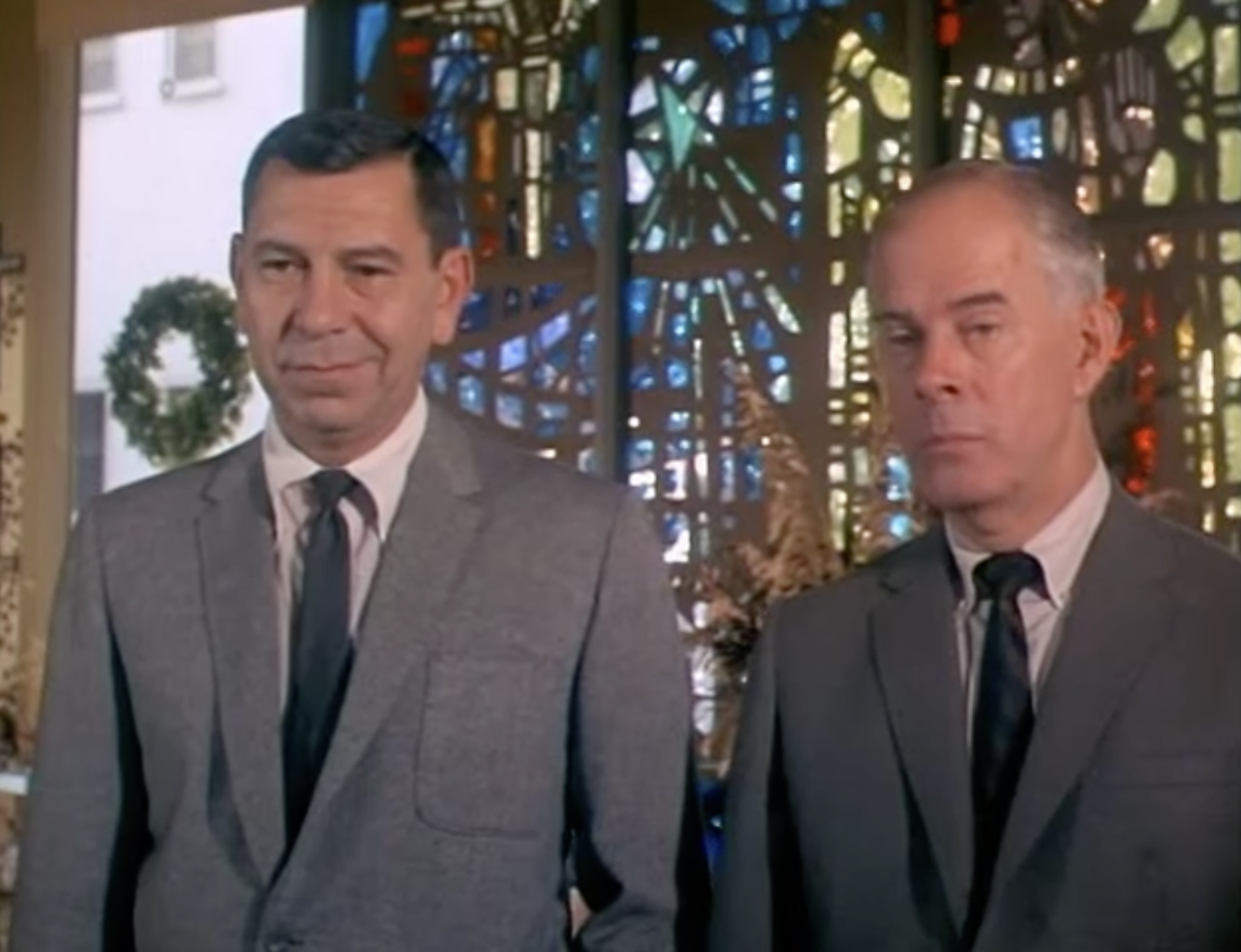
Back in the day, shows like Dragnet and Adam-12 brought us a world where everything was black and white—both literally and figuratively.
Through procedural storytelling and a strong focus on “facts,” these dramas portray officers as staunch heroes of their communities. They are stoic, upright, and always on the right side.
But let’s be honest: These shows were a product of their time. They reflected postwar society’s trust in authority figures and eschewed any real social criticism.
Sure, they laid the foundation for the genre, but they also ignored the messier, more human aspects of policing. In Dragnet, no one is in existential crisis because of their badge.
That’s for later.
Expanding the narrative of the 1970s and 1980s
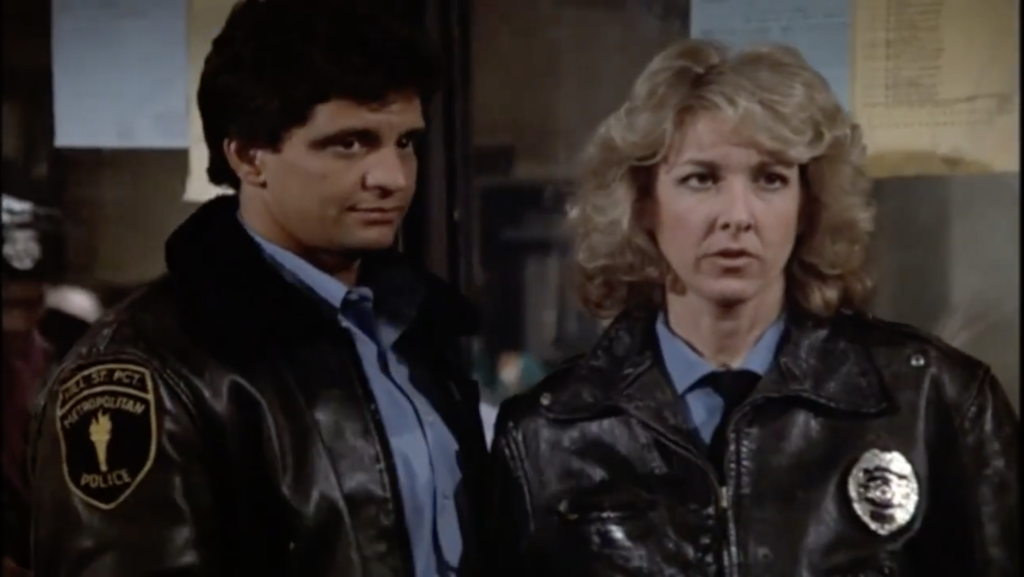
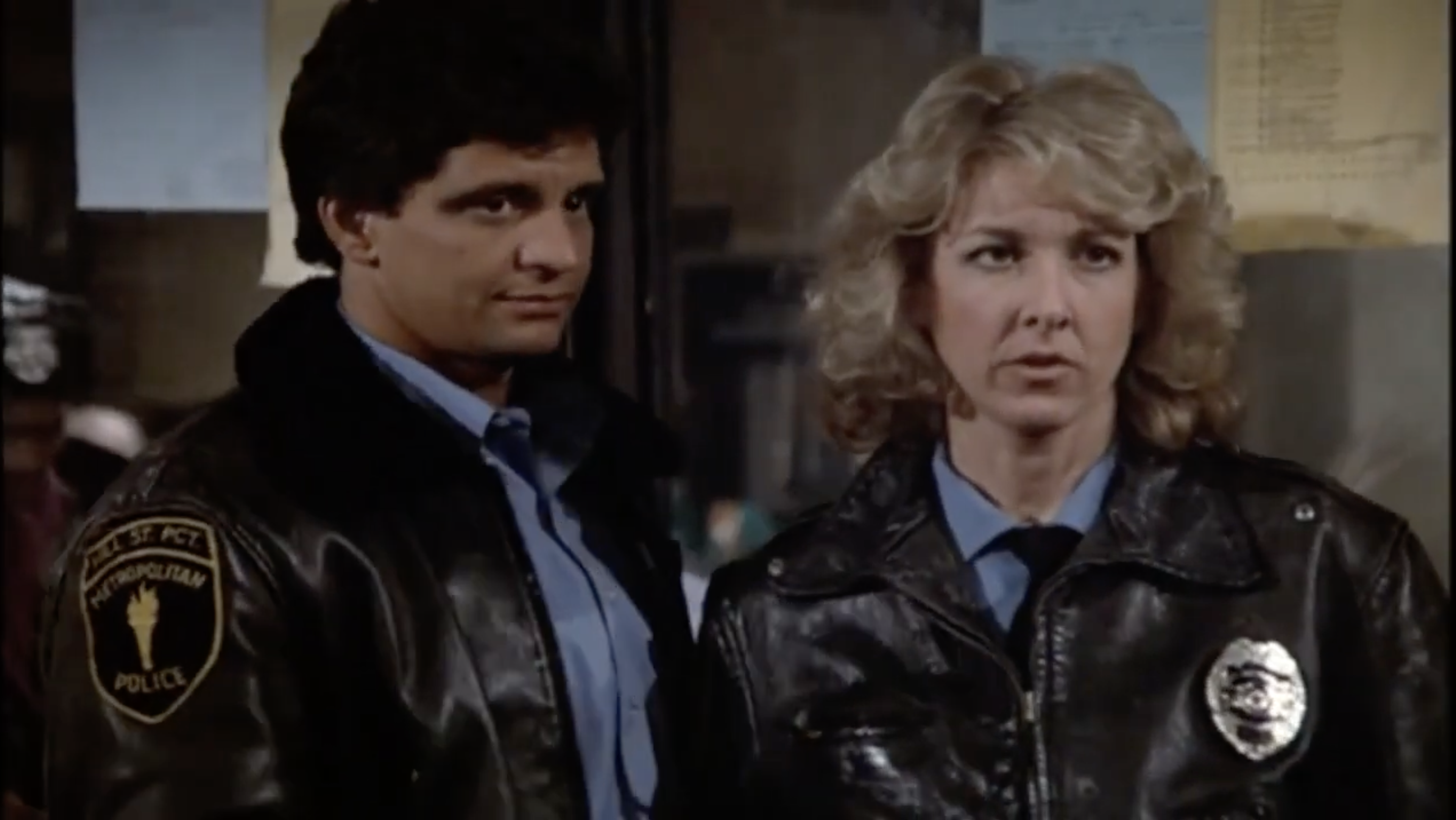
Then came the ’70s and ’80s, and boy, things got interesting.
Hill Street Blues wasn’t just a game-changer; This is a revelation. For the first time, we see a precinct as a vibrant ecosystem filled with flawed, complex people.
They are not heroes on the altar. They struggled, made mistakes, and tried to navigate a system that was not specifically built to help them succeed.
Let’s face it, some of these storylines are difficult to watch now due to the casual biases of the era, but it’s still a masterclass in overall storytelling.
On the lighter side, shows like CHiPs and Starsky & Hutch remind us that police work can be fun (and full of ’70s fashion).
These shows gave us action-packed car chases and buddy-cop banter, balancing escapism with just enough grit to keep us hooked. If you want your police officers to be charming, then these are your top picks.
The Rise of the Antihero in the ’90s
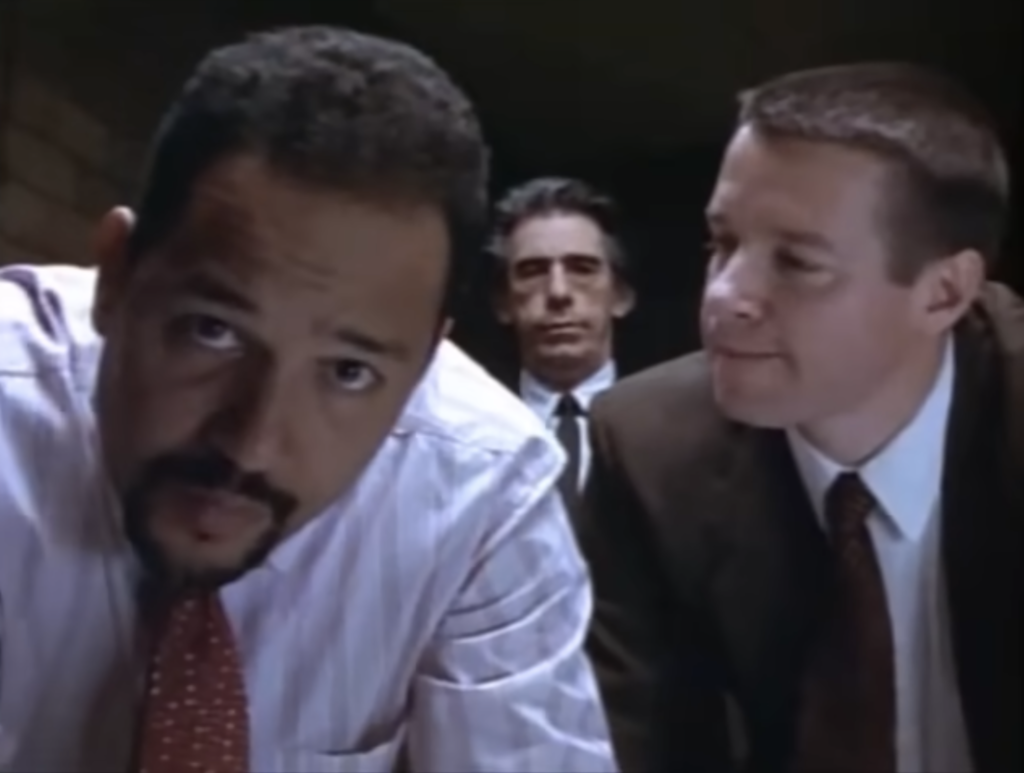
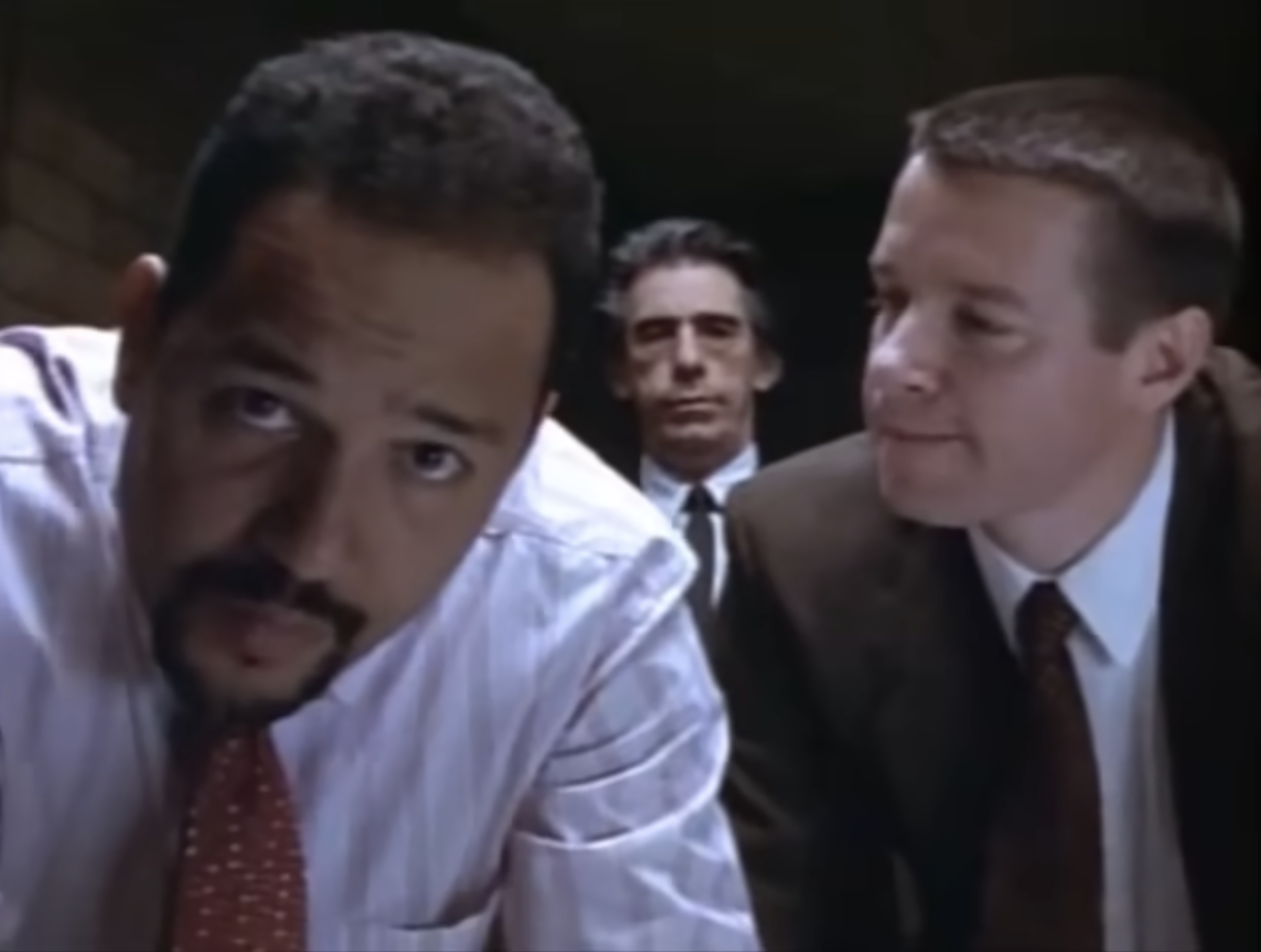
The ’90s brought us a new kind of law enforcement drama—one that wasn’t afraid to get its hands dirty.
Shows like NYPD Blue have made waves for their unflinching portrayals of police officers’ personal and professional struggles.
These people are not just police officers; They are people with serious flaws in dealing with addiction, trauma, and corruption. Who can forget Detective Sipowicz, one of the most complex (and controversial) detectives around?
Does the character ever wear a badge?
At the same time, Homicide: Life on the Street gives us a gritty, deeply psychological look at police work, focusing on the toll it takes on the people who live it every day.
Then came “Law & Order,” a procedural masterpiece that redefined the genre with its “stripped from the headlines” format. It gives us a front-row seat to the criminal justice system, balancing police investigations and courtroom drama, allowing us to become armchair detectives in the process.
Post-9/11 and the War on Terror
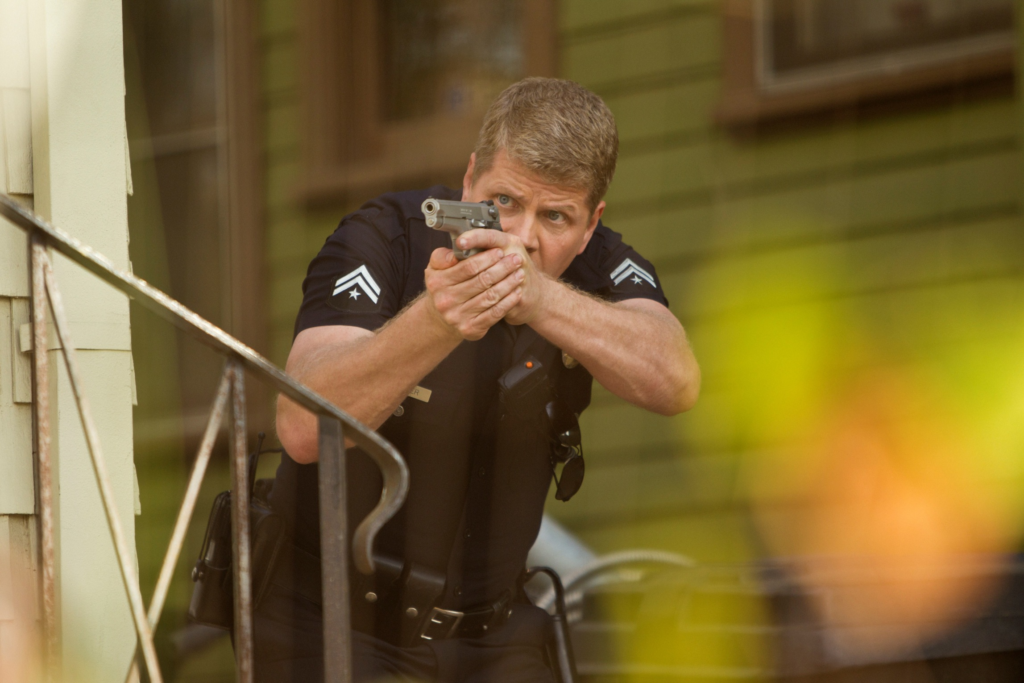
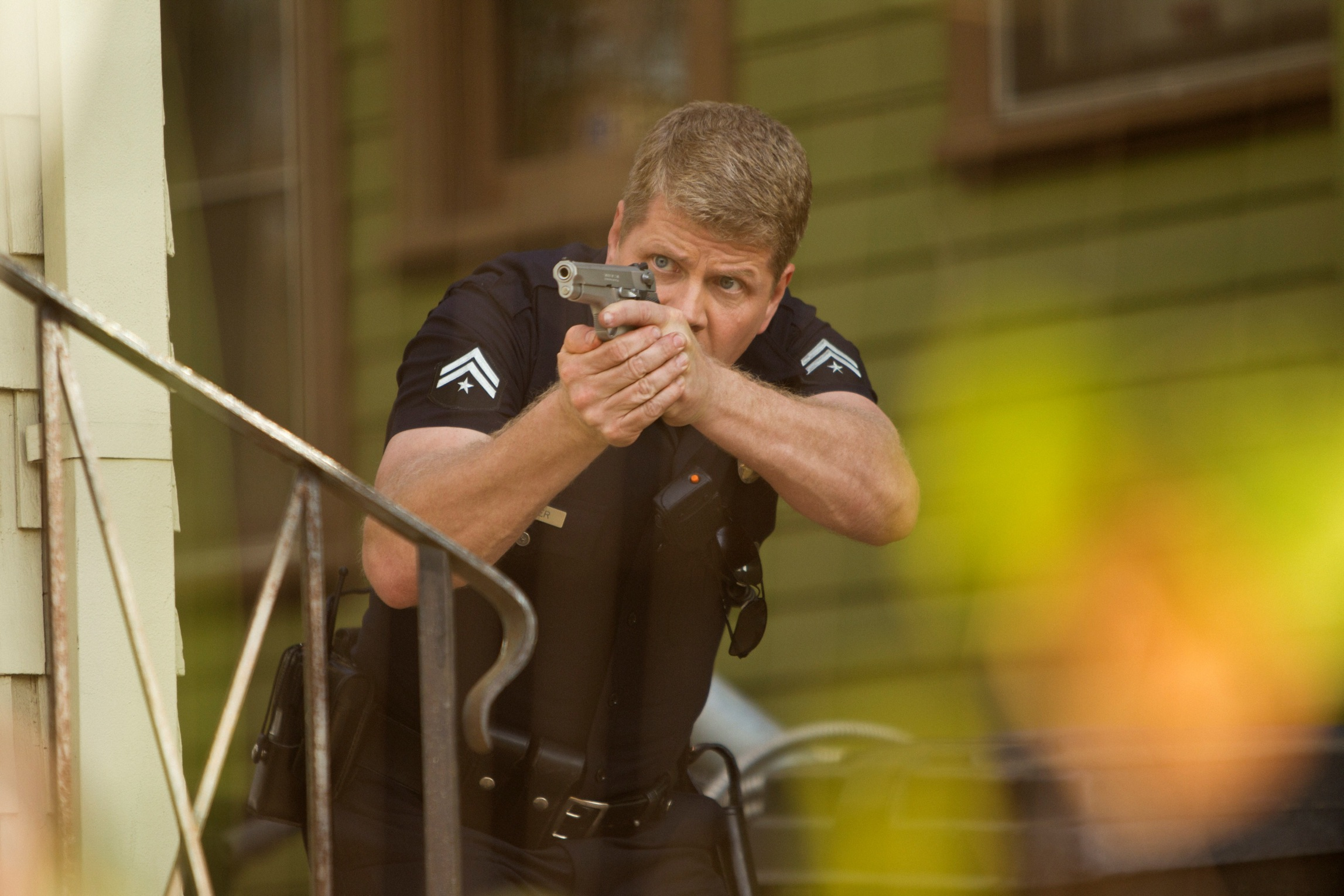
The world has changed since 9/11, and so have our law enforcement dramas.
The Shield is a show that breaks the mold by depicting rogue officers who bend (or outright break) the rules in pursuit of justice. Vic McGee isn’t just an antihero; He is a walking moral dilemma. Love him or hate him, you can’t look away.
Southland takes a different approach, bringing a touch of surrealism to the genre. Its raw, unfiltered look at street policing is both heartbreaking and eye-opening.
The emotional and moral complexities faced by the characters feel very real, forcing us to confront the human cost of keeping the peace.
These programs not only entertain us but also bring us joy. They ask us to think about what we expect from those who wear the badge.
women in law enforcement
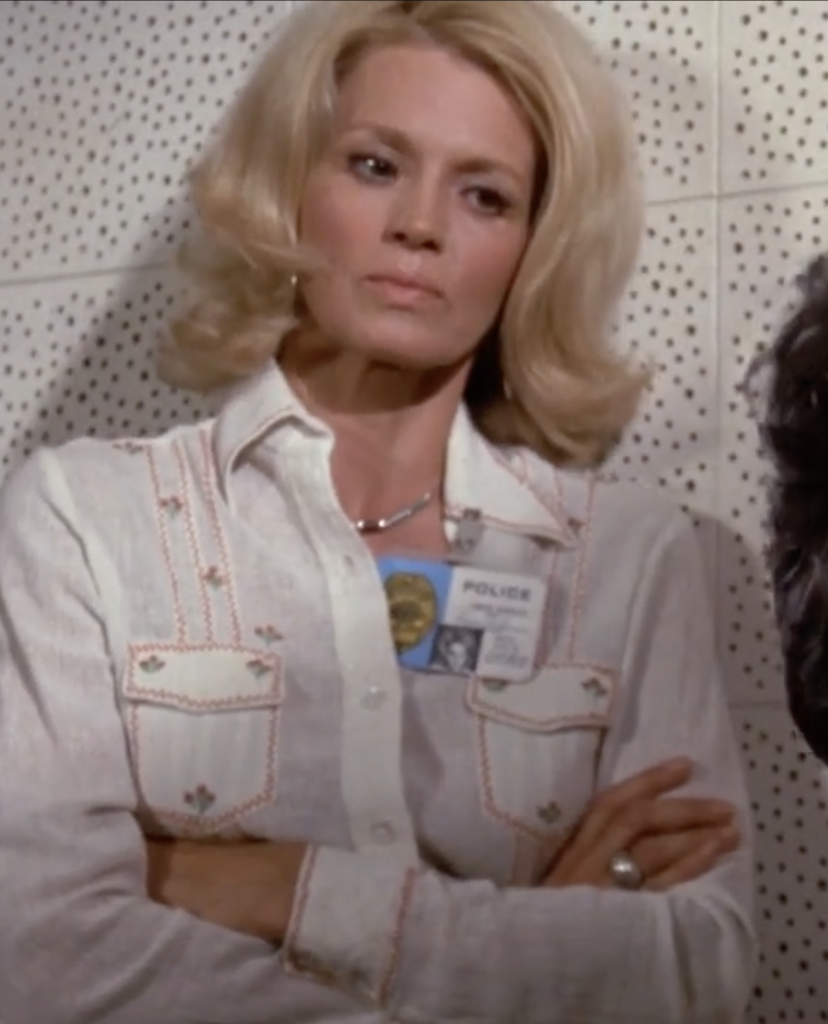
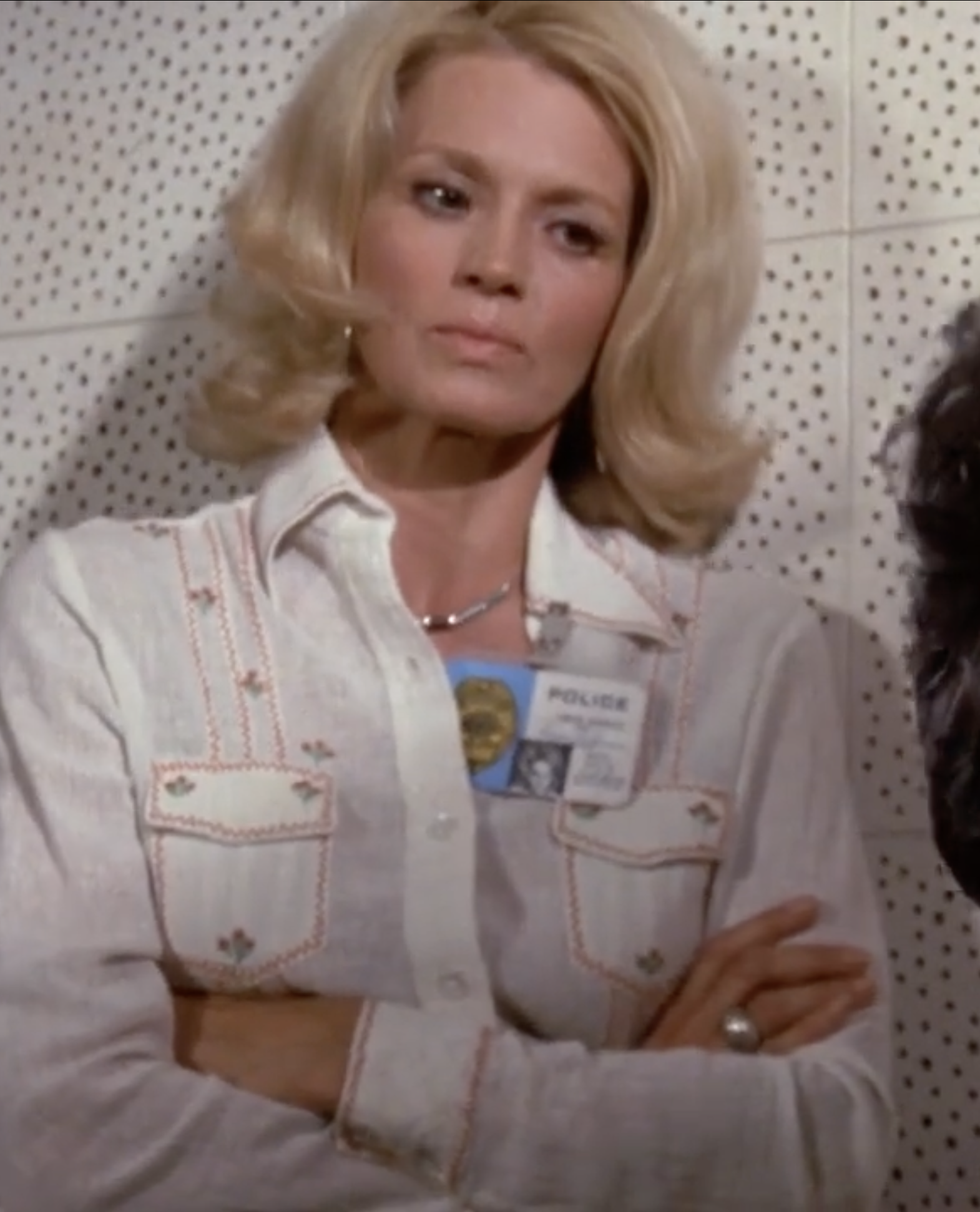
For decades, women in law enforcement dramas have brought a unique perspective to the genre, often highlighting the challenges of breaking down barriers and balancing personal lives with demanding careers.
“Police,” starring Angie Dickinson, broke ground in the 1970s as one of the first series to focus on female police officers.
Dickinson’s Sgt. Susan “Pepper” Anderson is strong, capable, and defies stereotypes, paving the way for more nuanced portrayals.
In the 1980s, Cagney and Lacey went a step further and delved into the personal and professional lives of two female detectives.
Mary Beth Lacey and Christine Cagney are more than just partners; They are trailblazers, facing sexism at work while grappling with their own struggles.
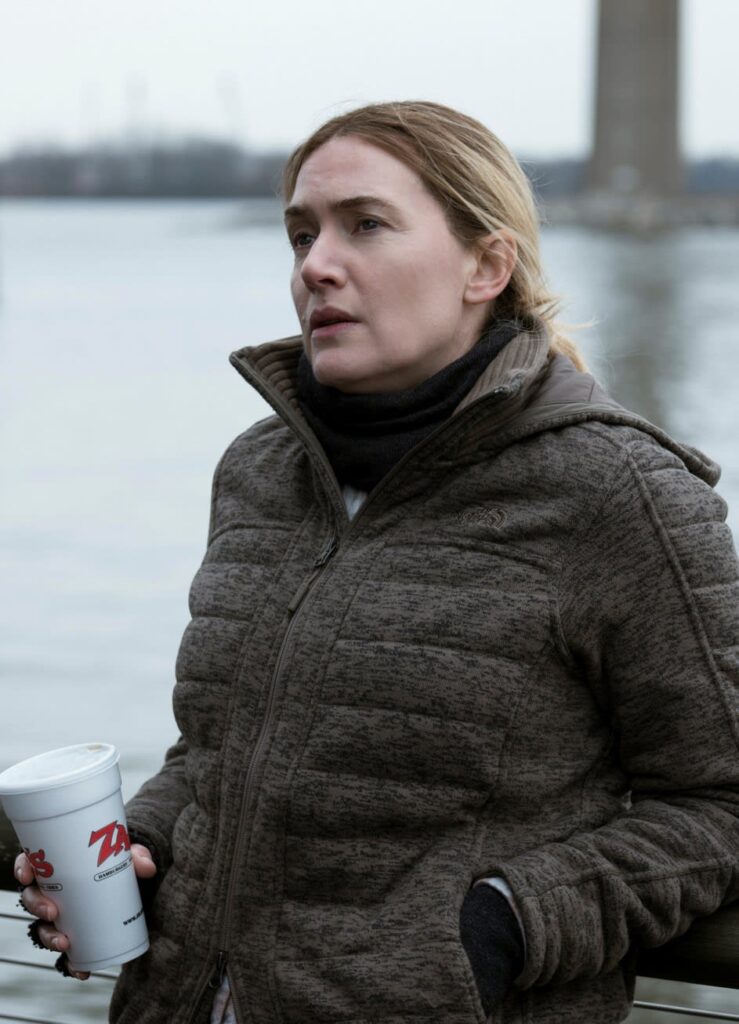
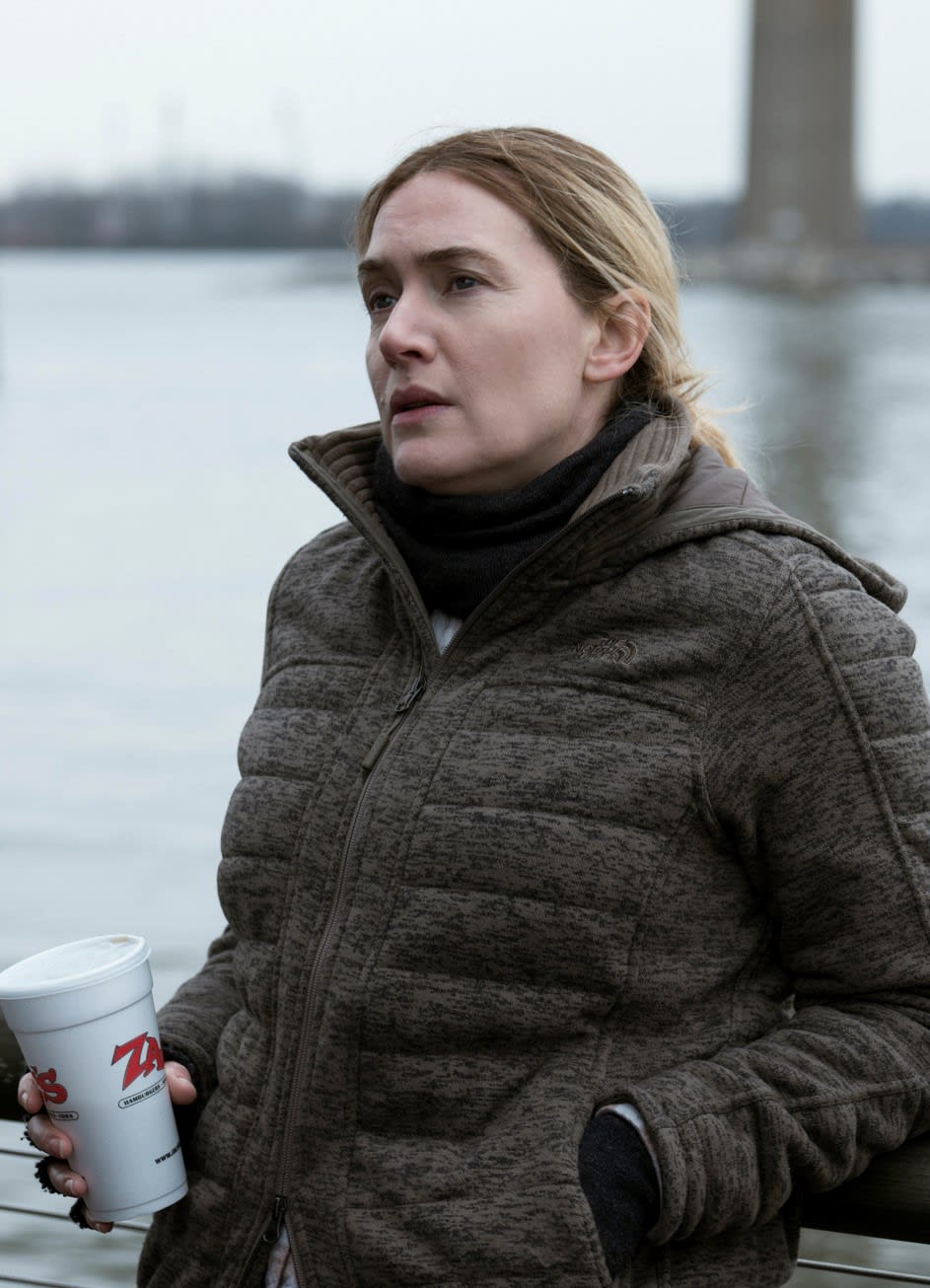
The show was more than just entertainment—it was a cultural moment that resonated with women everywhere.
Fast forward to The Horses of Easttown and we can see how far the genre has come. Kate Winslet deftly plays Mare Sheehan, a deeply flawed and human detective exploring small town secrets and personal grief.
Her story captures the courage and vulnerability of women in law enforcement dramas, reminding us that strength comes in many forms.
complex modern times
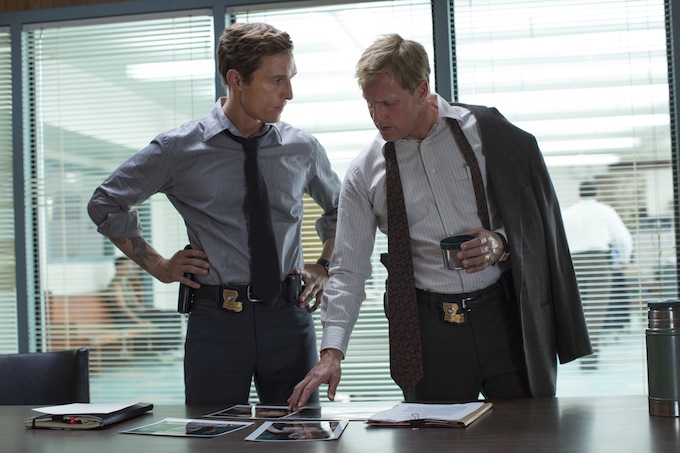

Now, we’re in the modern era, and law enforcement dramas are pushing boundaries like never before.
The Wire is more than just a show; It’s a masterpiece of storytelling that explores how systems, not just individuals, shape the outcomes of justice.
If you’ve seen it (and if you haven’t, what are you waiting for?), you’ll know that it’s not about cops and robbers, but about the deeply interconnected forces that rule our lives.
True Detective , on the other hand, delves into philosophy and psychology, exploring trauma, morality and the heaviness of unsolved crimes.
Then there’s Brooklyn Nine-Nine , which flipped the script by blending humor, inclusivity and social awareness. Who says cop dramas can’t make you laugh and make you think at the same time?
Conclusion: A mirror of society
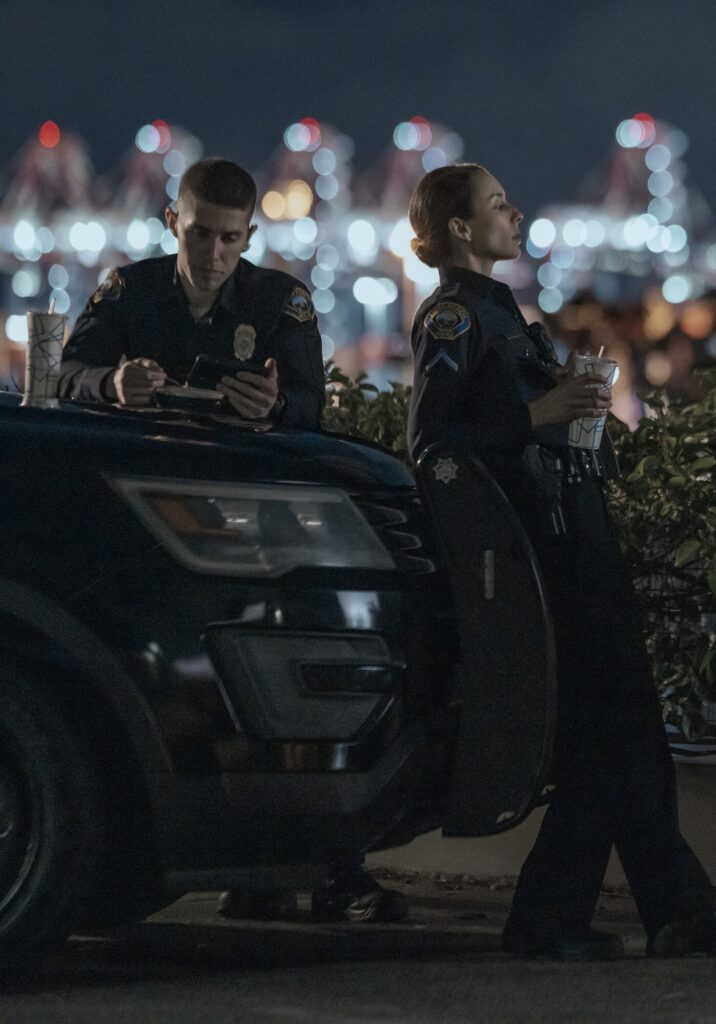
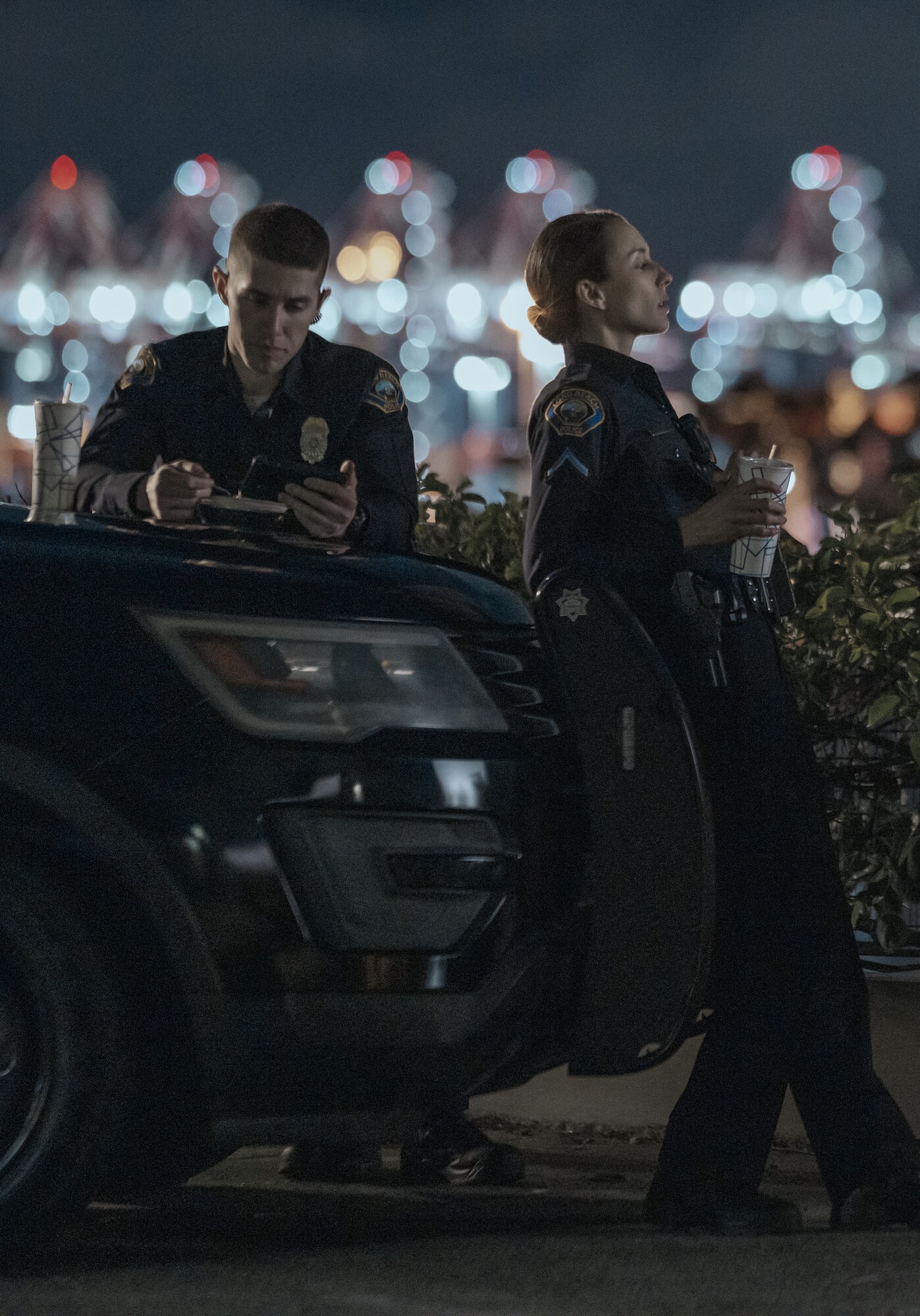
So what will happen to us?
Modern series, from “The Rookie” to Prime Video’s new series “On Call,” feature characters who continue to break new ground and pave the way for how we view law enforcement on television today.
Law enforcement shows have come a long way from idealized heroes to deeply complex characters who reflect the best and worst of human nature. These shows challenge us, irritate us, and yes, sometimes even make us uncomfortable. But isn’t that the point?
What do you think? Did we miss your favorite show? Do you see yourself in these stories, or do they suggest something completely different for you?
Let us know in the comments, because if there’s one thing these shows have taught us, it’s that every perspective matters.
